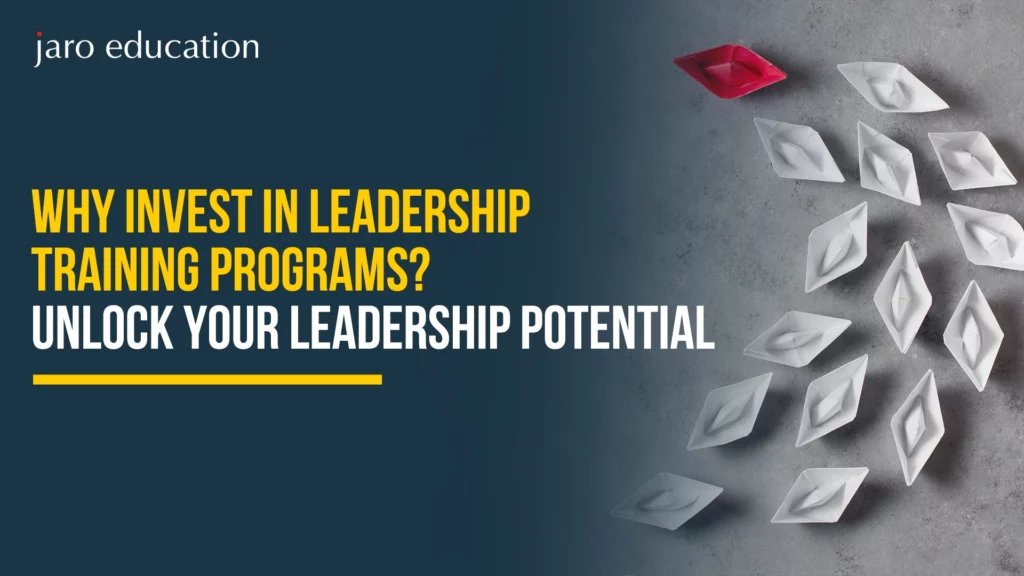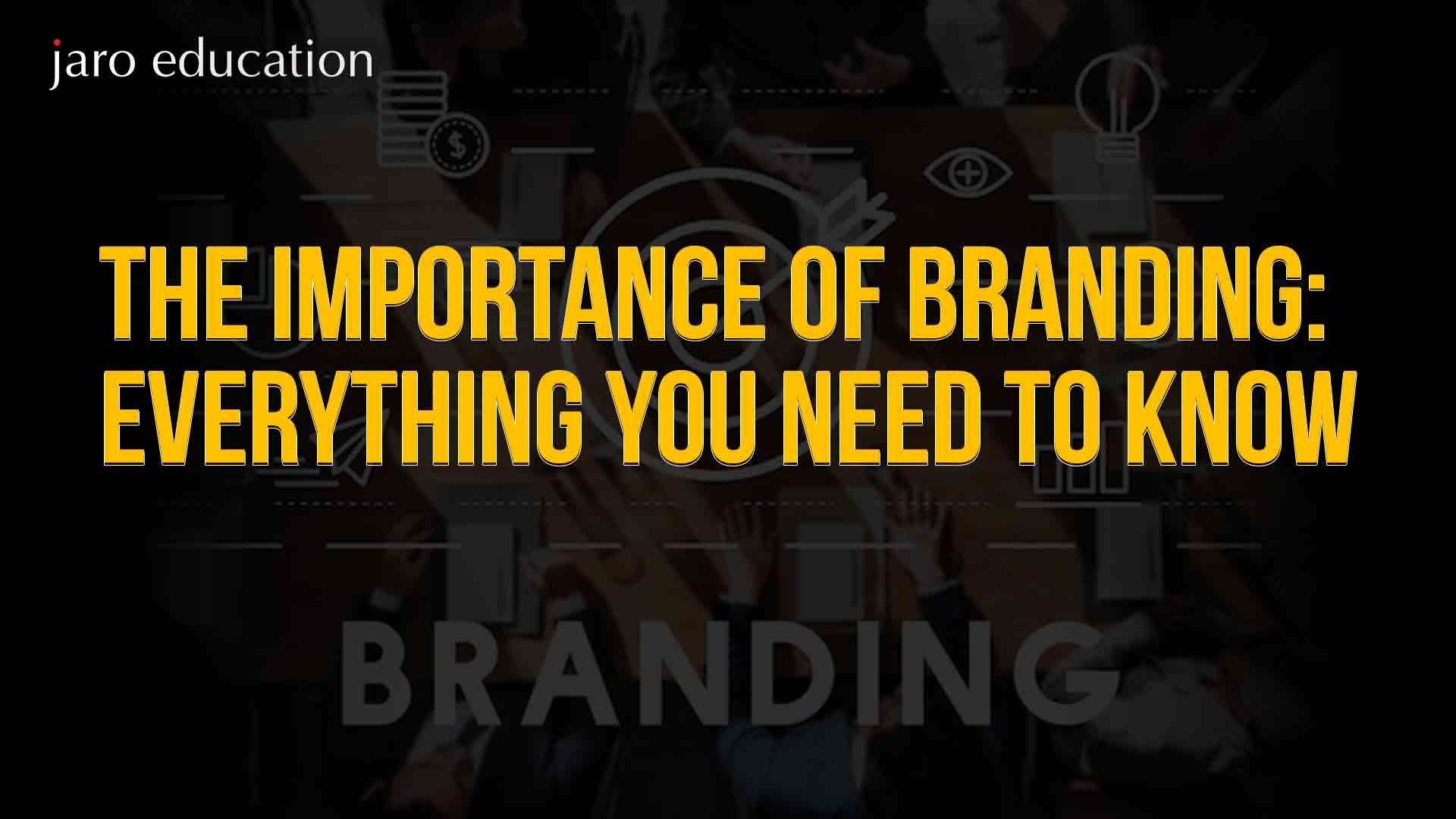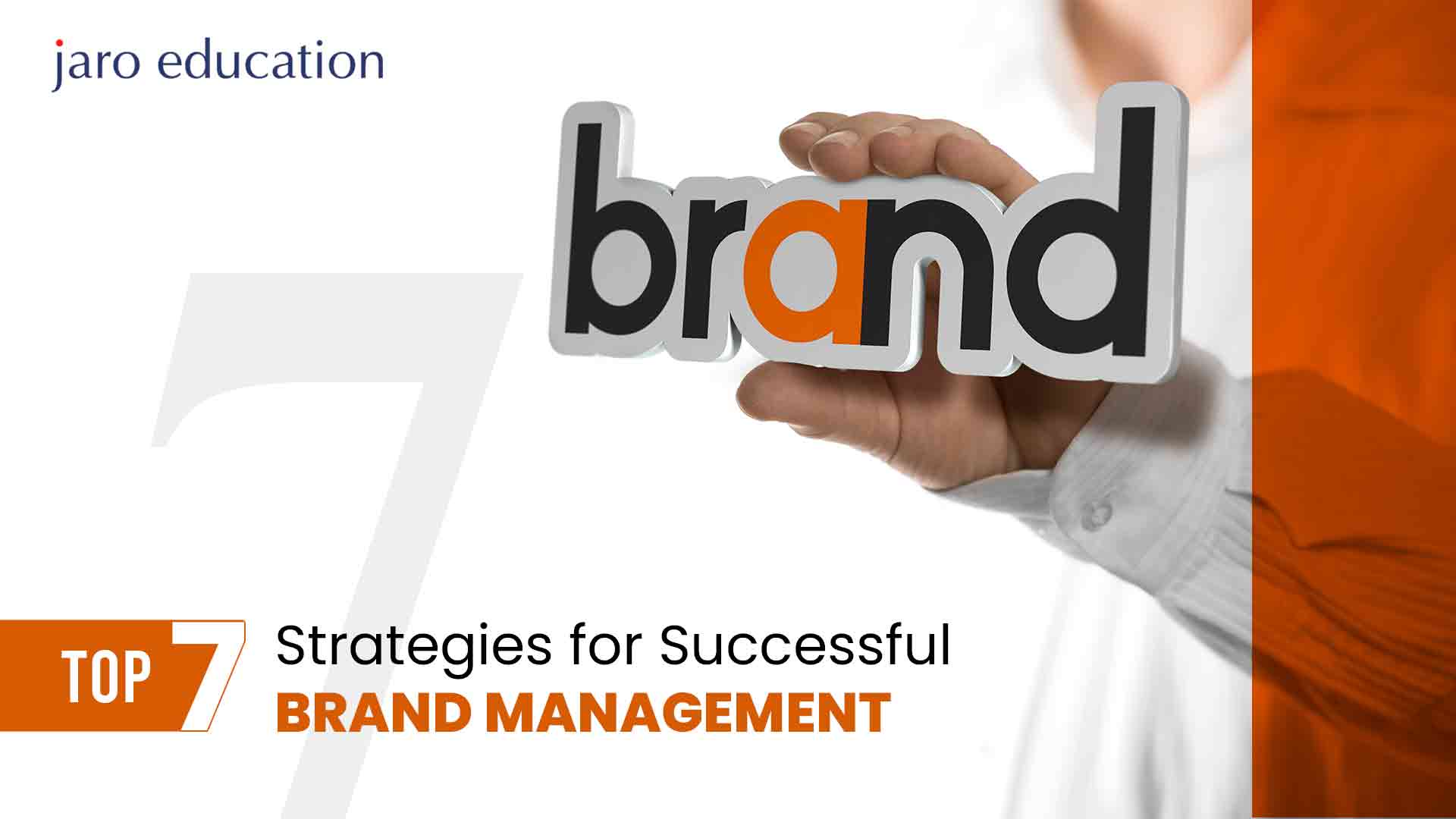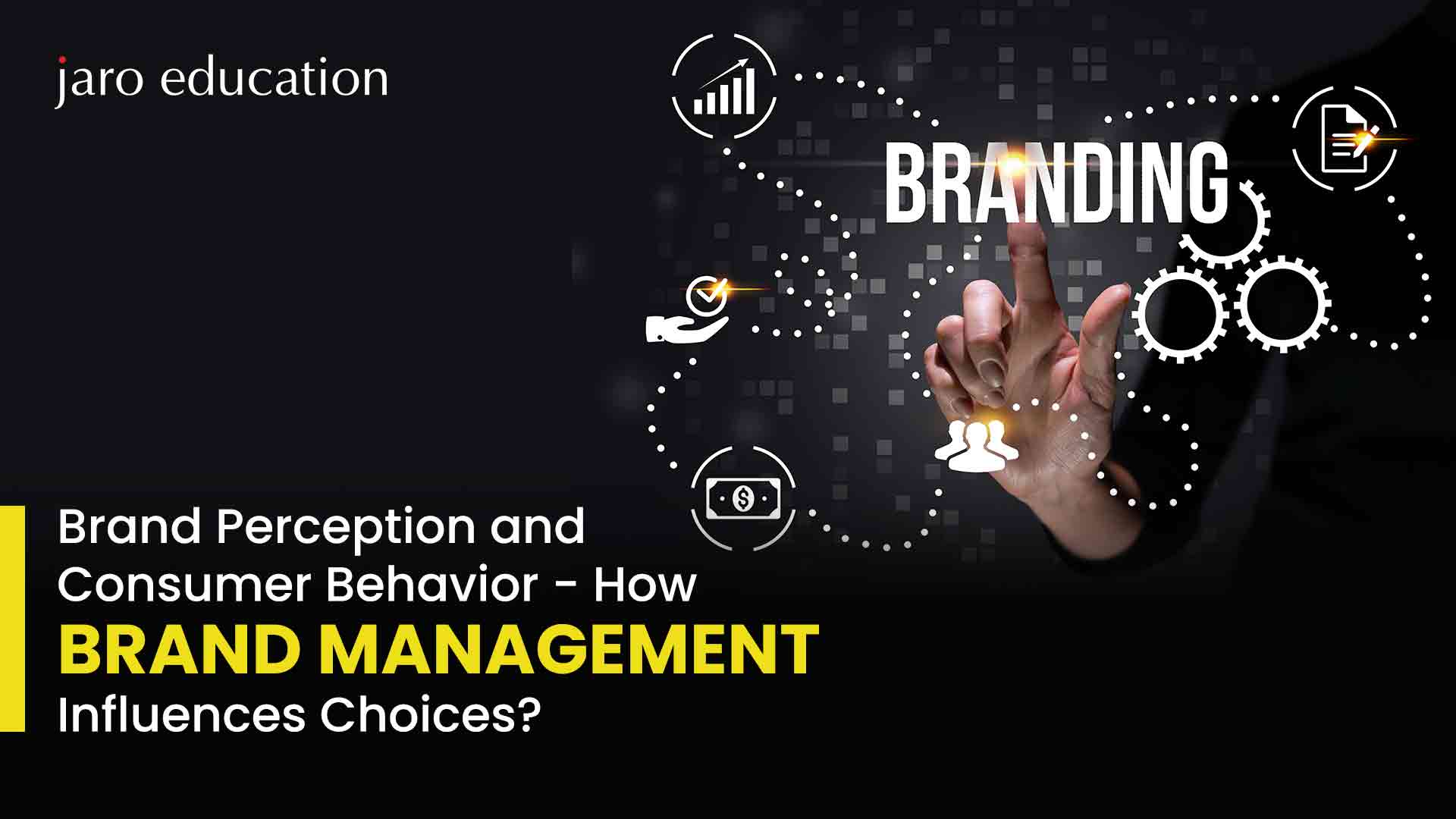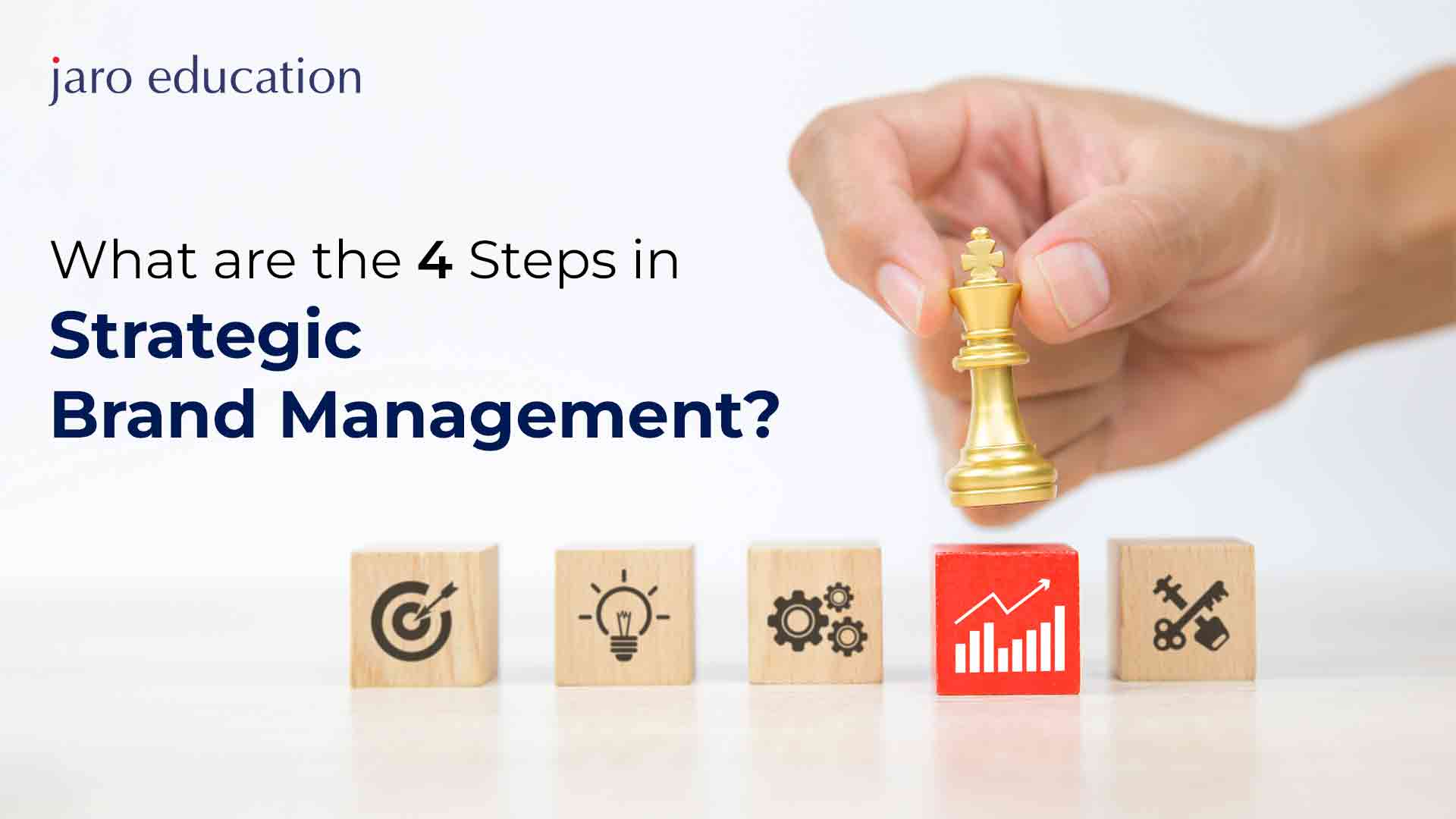The Most Effective B2B Brand Marketing Strategies for 2025
Table of Contents

- jaro education
- 25, October 2024
- 5:00 pm
Brand management has emerged as a vital pillar for businesses to thrive in today’s competitive market. A well-structured brand marketing strategy helps organizations define their core values, articulate their business goals, and outline how these principles can be leveraged in the marketplace.
As we approach 2025, the importance of a powerful brand marketing strategy will be even more pronounced, especially with the increased complexity of digital engagement and global competition. If you’re looking to build your career in this dynamic field, IIT Delhi’s Executive Programme in Brand Management, with Jaro Education as the service partner, offers a comprehensive solution.
This blog will guide you through essential strategies for mastering brand marketing and how you can apply these techniques effectively to build successful brands.
Why a Brand Marketing Strategy Matters in 2025
A brand marketing strategy is more than just a business plan; it’s the roadmap that aligns a company’s mission with its audience. In today’s digital-first world, understanding the emotional, psychological, and technological factors that influence decision-making is key to crafting campaigns that resonate with both B2B and B2C audiences.
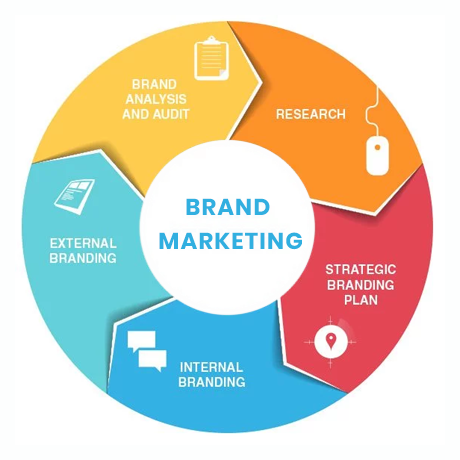
*MindDigitalGroup
Here are some core elements of a brand marketing strategy that every business must focus on:
1. Use Emotion in Advertising
While many believe B2B purchases are purely logical, research has shown that emotions play a significant role in business decision-making. Customers, whether individuals or businesses, are emotionally driven by trust, credibility, and a sense of connection with the brand. Including emotive storytelling in your marketing strategy can deepen customer relationships and build brand loyalty.
2. Dynamic Content Personalization
-
- Offer products and services based on location
- Adapt ads depending on referral sources
- Use pop-ups to deliver personalized messages based on user intent
3. Referral Systems to Boost Leads
Referrals remain one of the most effective ways to generate leads. After a successful purchase, 83% of customers are likely to recommend a company, and 78% of B2B referrals generate valuable leads. To make this work:
| Basis | Perfect Competition |
|---|---|
| Customer Satisfaction | Offer rewards for referrals |
| Credibility | Encourage authentic feedback from satisfied customers |
Brands must develop referral systems that incentivize clients to promote their products, creating a virtuous cycle of word-of-mouth marketing.
4. Investing in Analytics
-
- Track audience demographics and engagement
- Perform A/B testing to see what content resonates best
- Measure ROI on various marketing strategies
5. Leverage Case Studies and User-Generated Content
Over 92% of B2B buyers are more inclined to make a purchase after reading credible reviews or case studies. User-Generated Content (UGC) plays a crucial role here, building trust and showcasing real-world applications of a brand’s solutions.
Businesses can leverage video testimonials, social media posts, or success stories to highlight the impact of their products or services.
6. Content Marketing and SEO
-
- Capture attention by providing value-rich information
- Increase visibility through strategically chosen keywords
- Position themselves as thought leaders in their industry
7. B2B Influencer Marketing
-
- Build trust through credible voices
- Drive lead generation through authentic recommendations
- Enhance brand awareness in niche markets
8. Mobile Apps for B2B Brands
-
- Provide seamless access to services
- Send push notifications with personalized offers
- Enhance customer engagement and retention
9. Neuromarketing for Psychological Investment
Neuromarketing or consumer neuroscience combines psychology and marketing to influence purchase decisions. In B2B marketing, understanding the psychological triggers that affect decision-makers is vital for creating emotionally engaging campaigns. Brands that use AI sentiment analysis, heat mapping, and in-depth reporting can craft marketing messages that resonate on a psychological level.
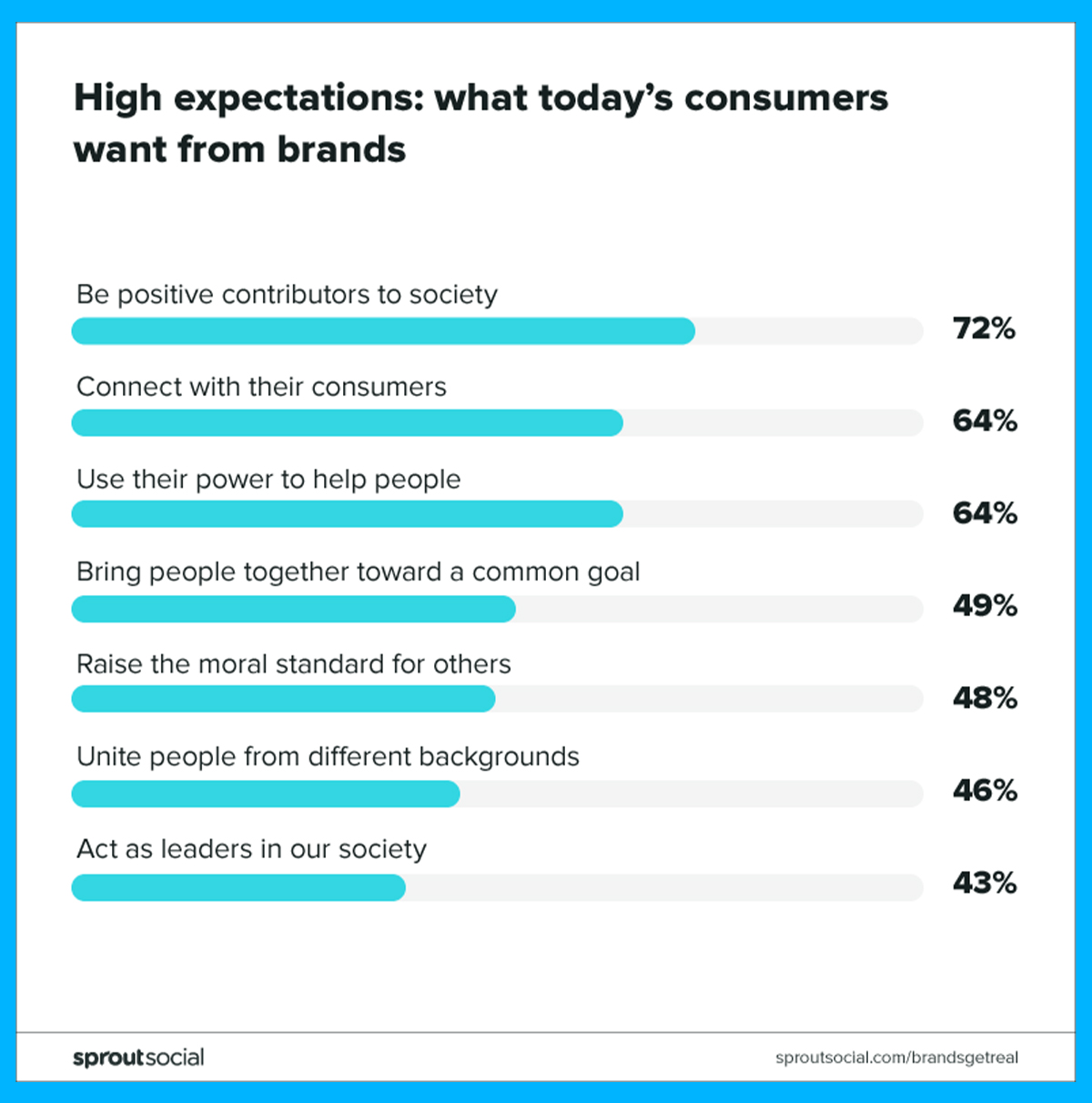
*sproutsocial
10. Immersive Technologies: AR, VR, and AI
-
- Offer immersive product demonstrations
- Simplify decision-making for clients
- Foster deeper brand engagement
11. Agility in Marketing Campaigns
One of the key components of a successful brand marketing strategy is agility. The ability to pivot quickly in response to market trends or unexpected challenges can set brands apart from their competition. Agility involves not only responding to consumer behavior but also capitalizing on emerging opportunities through real-time marketing and adaptable content.
12. Sustainability and Social Responsibility
Sustainability and social responsibility will continue to grow as powerful marketing tools. As consumers become more environmentally and socially conscious, brands that incorporate sustainable practices and highlight their CSR initiatives in marketing strategies can cultivate a loyal following. By showcasing their commitment to the planet and community, businesses align with customer values, building trust and a positive brand image.
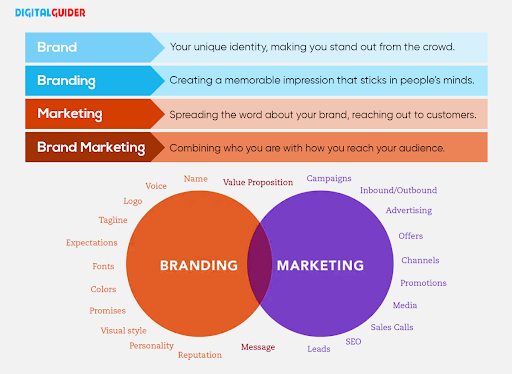
*DigitalGuider
The Executive Programme in Brand Management by IIT Delhi
-
- Brand Positioning: Learn how to differentiate your brand in a saturated market.
- Brand Strategy Development: Understand the steps to create a robust branding and marketing strategy.
- Practical Insights: Real-world case studies and interactive sessions ensure you gain applicable knowledge.
| Feature | Details |
|---|---|
| Duration | 6 months (with 2 days of campus immersion) |
| Mode | Online, with live lectures from IIT Delhi faculty |
| Certification | Upon completion, participants receive a certificate that bolsters their career credentials |
Final Thoughts
In the world of B2B branding marketing, understanding and mastering brand management is essential to success. With tools like neuromarketing, content marketing, and mobile app engagement, brands can create personalized, emotional connections with their audience.
If you’re looking to build your career in brand marketing, the Executive Programme in Brand Management by IIT Delhi equips you with the strategies and tools to succeed in 2025 and beyond.
Frequently Asked Questions
Branding in marketing management refers to the process of creating a unique identity for a company, product, or service through distinctive elements such as logos, design, messaging, and tone. It encompasses how the public perceives the company and helps establish a connection between the business and its target audience by reflecting the company’s core values and personality.
Brand marketing is crucial because it helps differentiate a company or product from its competitors. It builds recognition, fosters customer loyalty, and creates trust. Strong brand marketing can enhance a company’s reputation, increase customer engagement, and contribute to long-term business success by establishing a memorable presence in the market.
Brand marketing covers a broad range of activities that work together to promote and manage a brand’s image and values. This includes:
- Developing brand identity (name, logo, design, etc.)
- Crafting consistent messaging and tone
- Engaging in advertising and promotional campaigns
- Building customer relationships through emotional connections
- Managing brand reputation online and offline
- Monitoring competitor positioning and market trends
- Leveraging storytelling, social media, and influencer marketing.

